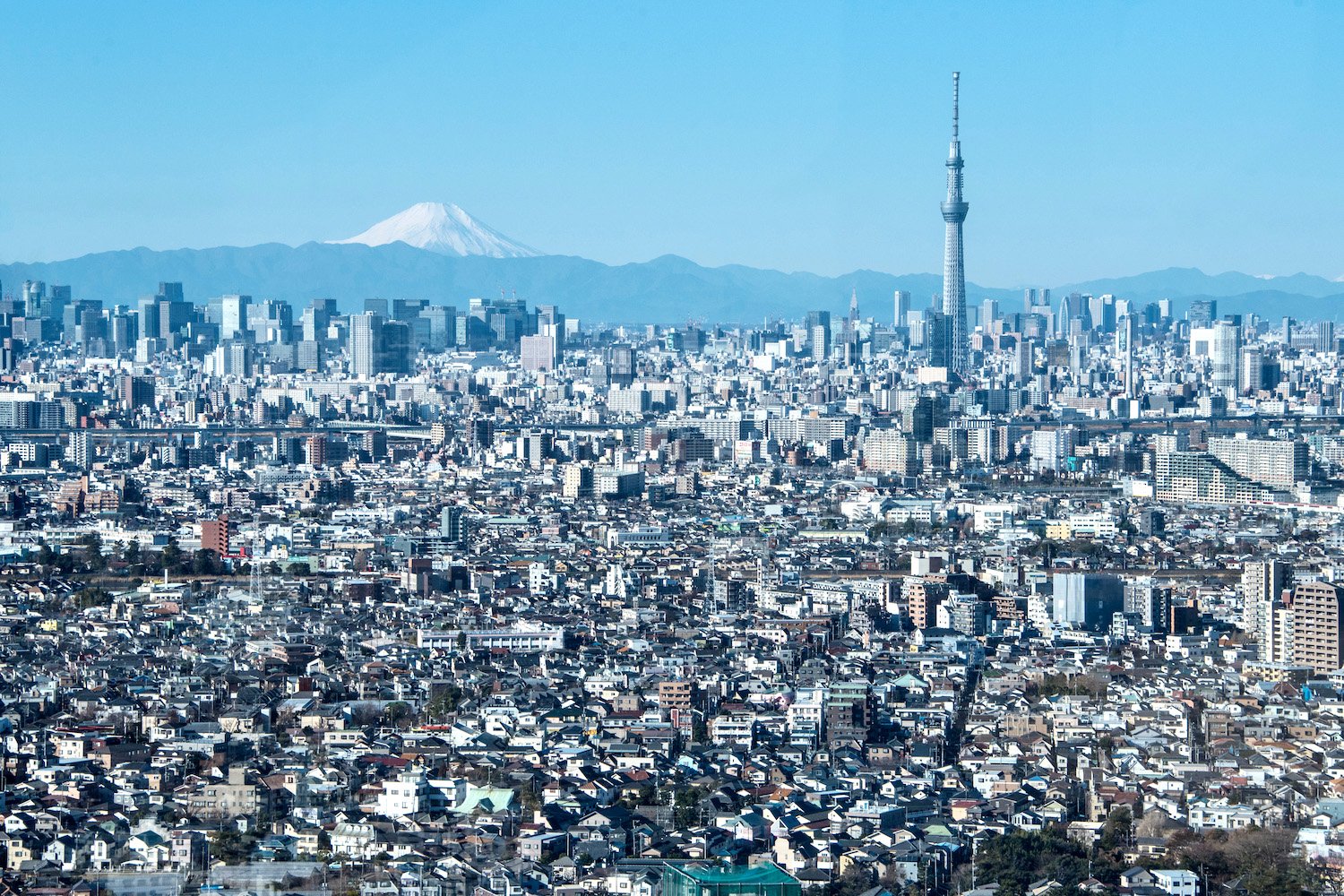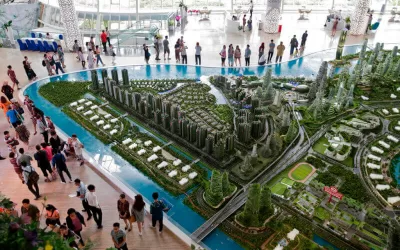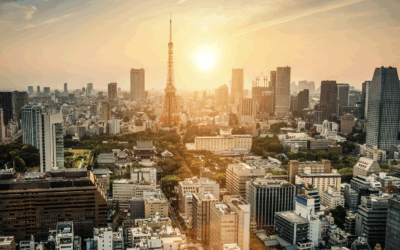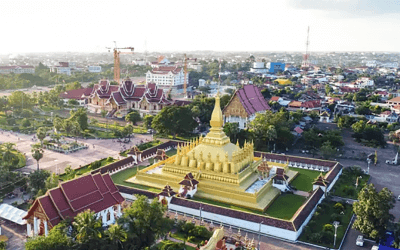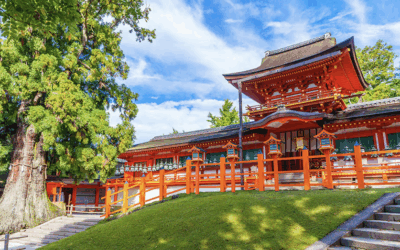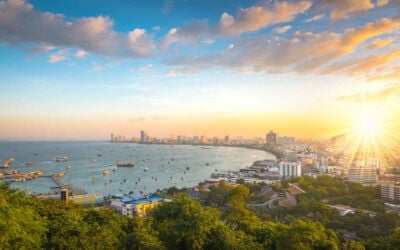Tokyo, Japan’s bustling capital, is one of the most exciting and dynamic cities in the world.
With its unique blend of tradition and modernity amenities, it’s no surprise that many foreigners are drawn to the idea of owning property here.
Whether you’re looking for a place to call home or a lucrative investment opportunity, Tokyo’s real estate market has something to offer.
In this comprehensive guide, we’ll explore the best areas to buy property in Tokyo, walk you through the purchasing process, the cost of real estate in Japan, and other essential tips to help you make an informed decision.
Top Neighborhoods in Tokyo
Choosing the right location is crucial when buying property in Tokyo. Each neighborhood has its own advantages.
Let’s take a closer look at several ideal places to consider, based on your budget, lifestyle, and investment goals.
Nakano and the Western Wards
If you’re looking for a combination of affordability and convenience, Tokyo’s western wards, particularly Nakano, are worth considering.
Nakano is a prime location, just a 10-minute subway ride from Shinjuku, yet property values here are about half the price of what you’ll find in Tokyo’s inner wards.
This makes Nakano an attractive option for those who want to be close to the action without breaking the bank.
The western wards, including Suginami, Kokubunji, Musashino, and Akishima, offer even more affordable options. These areas are essentially commuter towns for inner Tokyo, allowing residents to trade a bit of convenience for lower prices.
Expect to pay around US$10,000 per square meter in these very central neighborhoods of Tokyo.
However, it’s important to keep in mind that buying property in the outer wards comes with some long-term risks.
As Japan faces a demographic crisis, with a rapidly aging population and low birth rates, demand for housing in less central areas may decline over time.
Nonetheless, for those seeking a balance of affordability and accessibility, the western wards are definitely worth exploring.
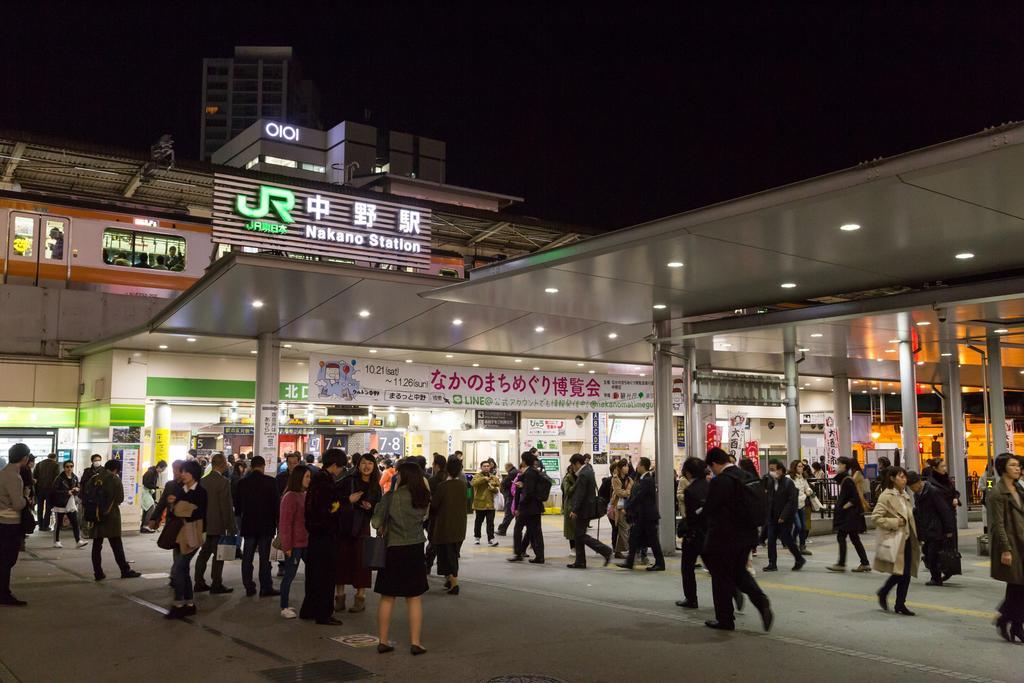
Nakano is an attractive option for anyone looking to settle in Tokyo. The neighborhood is equipped with a well-connected metro station and good schools.
Minato Ward
Minato Ward, located in central Tokyo, is a prestigious area known for its high-end residential developments, embassies, and international businesses.
This ward is home to several popular neighborhoods, such as Roppongi, Azabu, and Akasaka, which are particularly popular among expatriates and wealthy locals.
One of the main draws of Minato Ward is its excellent location. Many parts of the ward are within walking distance or a short train ride from major business and entertainment districts like Shibuya, Shinjuku, and Ginza.
This convenience, combined with the area’s cosmopolitan atmosphere and high-quality amenities, makes Minato a highly desirable place to live.
However, this desirability comes at a price. Property values in Minato Ward are among the highest in Tokyo, with some luxury apartments and condominiums fetching upwards of US$10,000 per square meter.
While investing in Minato Ward can be a solid choice for those with a substantial budget, it may not be the most optimal investment in terms of potential returns.
Shibuya and Shinjuku Wards
Shibuya and Shinjuku are two of Tokyo’s most iconic and vibrant wards, known for their bustling streets, trendy shops, and endless entertainment options.
These areas are particularly popular among young professionals and students thanks to their excellent transport links.
Investing in property in Shibuya or Shinjuku can be a smart move, especially if renting out your property to short-term tenants or tourists.
The constant demand for accommodation in these areas can lead to high occupancy rates and attractive rental yields.
However, it’s essential to be aware of the potential drawbacks of owning property in such busy districts. Noise pollution and limited living space are common issues that residents face.
Additionally, property prices in Shibuya and Shinjuku are generally quite high, although not as steep as in Minato Ward.
Chiyoda Ward
Chiyoda Ward, home to the Imperial Palace and numerous government offices, is a prestigious and historically significant area in the heart of Tokyo.
This ward is known for its upscale residential neighborhoods, such as Nagatacho and Kojimachi, which are popular among politicians and wealthy families.
Buying property in Chiyoda Ward can be a stable and profitable venture, as the area’s proximity to the seat of government and major business districts ensures a consistent demand for high-end housing.
Additionally, the ward’s well-maintained parks, quiet streets, and excellent schools make it an attractive choice for families.
However, property prices in Chiyoda are among the highest in Tokyo, and availability of land for new developments is limited.
As such, Chiyoda real estate may be more suitable for those with a substantial budget and a long-term investment horizon.
Up-and-Coming Neighborhoods
For those looking to invest in areas with potential for growth and appreciation, Tokyo’s up-and-coming neighborhoods are worth considering.
These areas, while not as well-known as the city’s prime districts, offer a combination of affordability, local charm, and future potential.
One such neighborhood is Kiyosumi-Shirakawa, located in eastern Tokyo’s Koto Ward. This area has recently gained popularity among young creatives and entrepreneurs, thanks to its affordable rents, unique cafes, and art galleries.
As more people discover the appeal of this neighborhood, property values are expected to rise, making it an interesting option for investors with a keen eye for emerging trends.
Another area to watch is Takadanobaba, situated in Shinjuku. This neighborhood, known for its vibrant student life and dining scene, has been undergoing gradual redevelopment in recent years.
With several universities nearby and excellent transport connections, Takadanobaba has the potential to attract more residents and businesses in the coming years, which could drive up property values.
How to Buy Property in Tokyo: Here’s the Process
Now that you have a better idea of where to buy property in Tokyo, let’s delve into the purchasing process itself.
Buying real estate, and even landed houses in Japan as a foreigner, is straightforward compared to elsewhere in Asia. Yet there are several key steps and considerations to keep in mind.
1. Hire a Real Estate Agent
In Japan, properties are typically bought and sold through real estate agents, rather than directly between buyers and sellers.
As a foreign buyer, it’s essential to work with an agent who has experience dealing with international clients and can communicate effectively in your language.
A solid real estate agent in Tokyo will help you navigate the market, find properties that match your criteria, and guide you through the purchasing process. They can also provide valuable insights into local market trends and cultural norms.
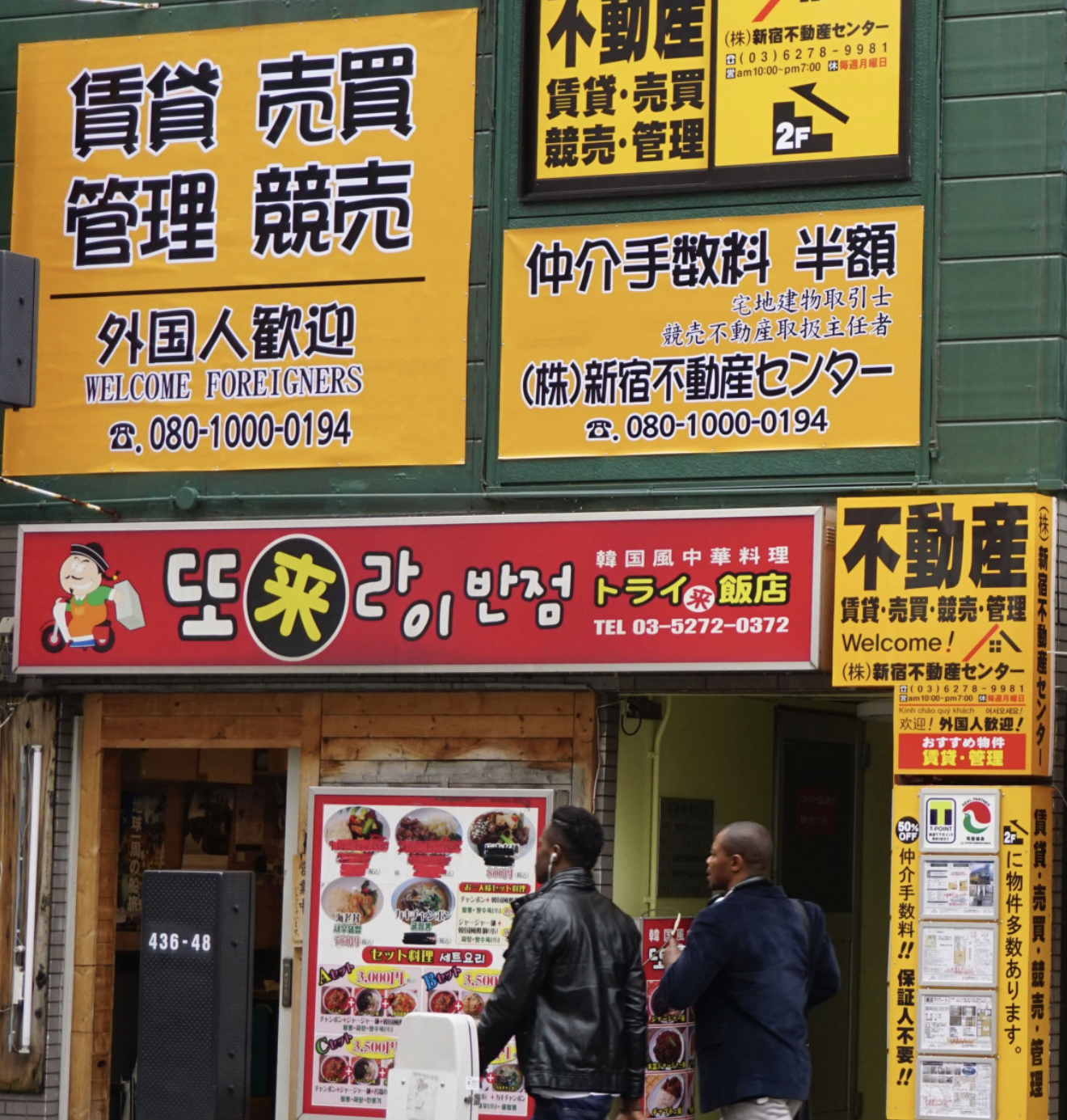
Real estate agents are an integral part of buying a house in Japan. You’ll find them in every ward of Tokyo, and in every key neighborhood of other prefectures. They’re easy to notice and all look alike!
2. Secure Financing
Before starting your property search in earnest, it’s wise to get pre-approved for a mortgage.
Many Japanese banks offer home loans to foreign buyers, although the requirements and conditions may vary depending on the lender and your individual circumstances.
Generally, to qualify for a mortgage in Japan, you’ll need to have a valid visa, proof of stable income, and a good credit history.
Banks in Japan may also require a Japanese guarantor or a higher down payment from foreign borrowers.
Interest rates on mortgages in Japan are relatively low, ranging from 0.1% to 5%. You should be prepared to provide extensive documentation and face a longer approval process compared to what you might be used to in your home country though.
3. Find Property and Schedule Viewings
With your financing in place and a clear idea of your budget and preferences, you can start actively searching for properties with your real estate agent in Tokyo.
Be sure to communicate your requirements clearly, including your desired location, size, layout, and any specific features you’re looking for.
Your agent will likely provide you with a list of suitable properties and arrange viewings for those that interest you.
When visiting properties, pay close attention to the condition of the building, the layout of the unit, and the surrounding neighborhood. Take note of any potential issues or drawbacks, such as noise levels, natural light, or the age of the building.
4. Make an Offer and Negotiate the Sale
Once you’ve found a property that meets your criteria, your real estate agent will assist you in making an offer to the seller.
This typically involves submitting a written proposal, which includes the price you’re willing to pay, any conditions or contingencies, and your desired closing date.
If your offer is accepted, you’ll proceed to the next stage of the process, which involves signing a purchase agreement and paying a deposit (usually around 10% of the purchase price).
Keep in mind that in Japan, verbal agreements are considered binding, so be cautious about making any informal commitments before you’re ready to proceed.
5. Complete Legal and Admin Procedures
After signing the purchase agreement, there are several legal and administrative tasks to complete before the property can be officially transferred to your name. These include:
- Conducting a title search to ensure there are no outstanding liens or encumbrances on the property
- Obtaining a real estate registration certificate from the local legal affairs bureau
- Arranging for the transfer of utilities and the payment of any outstanding bills
- Preparing and submitting the necessary tax documents and registration forms
Your real estate agent and a licensed judicial scrivener (a legal professional who specializes in real estate transactions) will typically handle most of these tasks on your behalf.
However, you’ll need to provide certain documents, such as your passport, residence card, and personal seal (hanko).
6. Finalize Payment and Take Possession
On the agreed closing date, you’ll meet with the seller, your real estate agent, and the judicial scrivener to finalize the transaction.
This involves transferring the remaining balance of the purchase price to the seller, paying any applicable taxes and fees (such as stamp duty and registration taxes), and receiving the keys to your new property.
Once all the necessary payments have been made and the paperwork has been completed, the property will be officially registered in your name, and you’ll be able to take possession of your new home or investment property in Tokyo.
Tips for a Successful Home Purchase in Tokyo
Buying real estate in Tokyo can be a complex and daunting process, especially for foreign buyers who may be unfamiliar with the local market and customs.
To help ensure a smooth and successful transaction, keep these additional tips in mind:
1. Understand the Different Types of Properties Available
You’ll find a wide range of housing options in Tokyo, from compact studio apartments to spacious single-family homes and mansions.
Three of the most common types of properties you’ll encounter include:
- Manshon: This term refers to a condominium or apartment unit in a multi-family building. Manshons are the most prevalent type of housing in central Tokyo and are popular among single professionals and couples.
- Ikkodate: A single-family detached house, often with a small garden or yard. These properties are more common in suburban areas and are suitable for families or those seeking more privacy and space.
- Tochi: Plots of land for custom-built homes. Buying land and building a house from scratch can be a more expensive and time-consuming option, but it allows for greater customization and control over the design and features of your home.
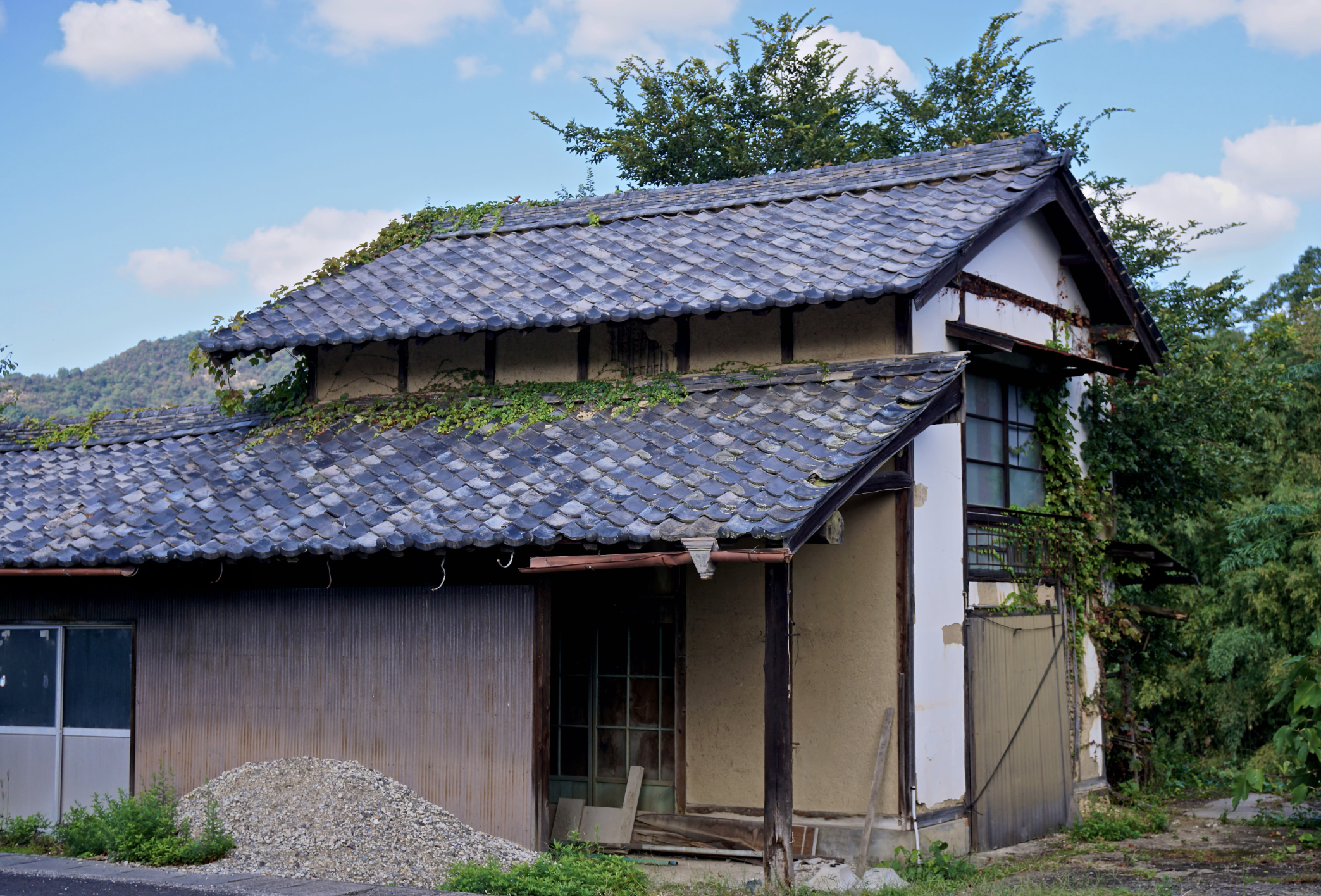
Abandoned houses in Japan’s rural areas are making headlines. These custom-built houses are sold for cheap, or even given away for free by the government. But the property tax, and the cost of restoration, may not be worth it.
2. Consider Age of the Building
In Japan, houses and apartments are often considered to have a relatively short lifespan, with many buildings being demolished and rebuilt after just 20-30 years.
This is due in part to the country’s strict building codes, which require structures to be able to withstand earthquakes and other natural disasters.
When evaluating potential properties, pay close attention to the age and condition of the building. Older properties may be more affordable, but they may also come with hidden costs, such as the need for extensive renovations or repairs.
Additionally, some older buildings may contain hazardous materials like asbestos, which can be costly to remove.
On the other hand, newer properties tend to be more expensive, but they often feature modern amenities, better energy efficiency, and higher seismic resistance.
They may also have a longer remaining lifespan, which can be a factor to consider if you’re planning to hold onto the property for an extended period.
3. Factor in Additional Costs and Taxes
When budgeting for your property purchase in Tokyo, it’s essential to account for the various additional costs and taxes that come with buying real estate in Japan.
These can add up to a significant amount, often totaling around 7-8% of the purchase price.
Some of the main additional expenses to consider include:
-
-
- Real estate acquisition tax: 3% on the building portion of the property and 1.5% on the land portion
- Registration and license tax: 0.4% of the purchase price
- Stamp duty: Varies based on the purchase price, but typically ranges from a few thousand to tens of thousands of yen
- Real estate agent fees: Usually around 3% of the purchase price, plus consumption tax
- Judicial scrivener fees: Typically around 1-2% of the purchase price, plus consumption tax
-
4. Prepare for Cultural Barriers
Buying property in Tokyo as a foreign buyer can come with its share of language and cultural challenges.
While there are some English-speaking real estate agents and professionals who cater to international clients, many industry participants may have limited English proficiency.
Moreover, some sellers and landlords may be hesitant to deal with foreign buyers, either due to communication difficulties or cultural biases.
In order to navigate these challenges, it’s essential to work with a reputable, experienced agent who can bridge the language and cultural gap.
If possible, having a trusted Japanese friend or colleague assist you in the process can also be invaluable. They can help you communicate more effectively, provide cultural insights, and ensure that you’re not being taken advantage of or discriminated against.
5. Have a Long-Term Investment Strategy
When buying property in Tokyo, it’s crucial to have a clear long-term investment strategy in mind. While the city’s real estate market has shown resilience and stability over the years, it’s not immune to fluctuations and potential downturns.
If you’re purchasing a property primarily as an investment, consider factors such as the potential for capital appreciation, rental yield, and liquidity.
Properties in central, well-connected areas with good access to public transportation and amenities tend to have the best prospects for long-term growth and rental demand.
On the other hand, if you’re buying a home for your own use, think about your long-term plans and how they may impact your housing needs.
If you intend to start a family, for example, you may want to prioritize properties with more space and proximity to good schools.
Regardless of your specific goals, it’s wise to approach buying property in Tokyo with a long-term perspective.
Tokyo certainly isn’t the type of real estate market where you can get rich overnight.
Is Owning Property in Japan a Good Idea?
Tokyo’s housing market can be an exciting and profitable venture for foreign investors.
It can also be overwhelming, as you’d expect in a metro area with a population exceeding 30 million.
By understanding each area, from the affordability of the western wards to the prestige of central districts like Minato and Chiyoda, you can identify the best locations to suit your budget, lifestyle, and investment goals.
Ultimately, whether you’re seeking a comfortable home in one of the world’s most vibrant cities or a lucrative investment in a stable and mature market, Tokyo’s real estate scene has something to offer.
With the right approach and mindset, buying property in this fascinating metropolis can be an enriching experience – both financially and personally!
Tokyo Real Estate: FAQs
Can Foreigners Buy Property in Tokyo?
Yes, foreigners are allowed to buy property in Tokyo on a freehold basis.
In fact, Japan remains one of few countries in Asia where foreigners can own land and houses.
How Much Does a House in Tokyo Cost?
Real estate prices in Tokyo vary widely based on location. For example, the cost of housing in Shibuya will naturally be far more expensive than in Edogawa.
With that said, you should expect to pay about $10,000 per square meter for average quality house in a central location.
Can Foreigners Own Land in Japan?
Japan doesn't have restrictions on foreign real estate buyers. You're able to own houses, land, and any other structures that sit on it as a non-citizen.
You'll find it easier to purchase real estate here than the majority of other countries in Asia. Most countries in the region limit foreign buyers to condo ownership or leasehold titles.

